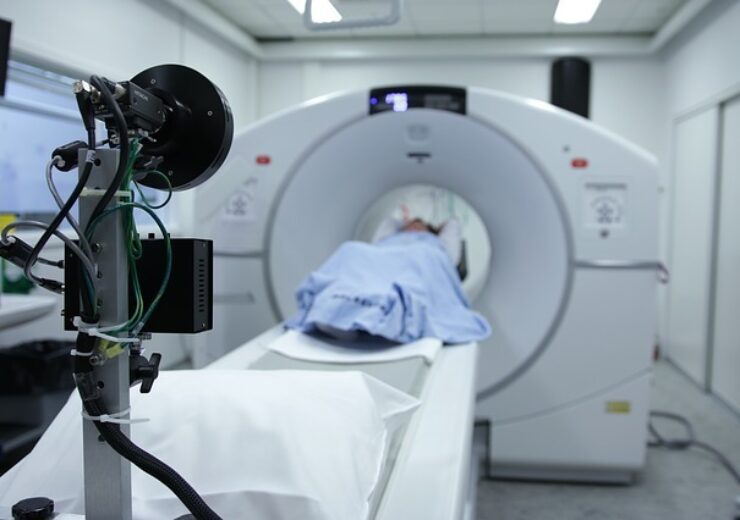Based in Valencia, Madrid and Palo Alto, California, Quibim builds whole-body imaging solutions for systems biology problems

Quibim Teams Up With Molecular Imaging Partners And GE Healthcare. (Credit: Bokskapet from Pixabay.)
Quibim, a global leader in artificial intelligence (AI) and medical image processing, is participating in a €7.5M (US$8.9M) High Sensitivity Molecular Imaging project IMAS (Imagen Molecular de Alta Sensibilidad) to build an innovative total-body PET/CT scanner for simultaneous whole-body imaging in a Temporary Business Association (TBA) backed by world-class experts in diagnostic imaging equipment GE Healthcare.
The TBA between Quibim, and Full Body Insight and Oncovision, is subcontracted by the Regional Minister of Health of the Government of Valencia in a public procurement of innovation project. The initiative is co-financed (50%) by the European Regional Development Fund (ERDF) through the Spanish Ministry of Science and Innovation.
PET imaging, a safe medical examination, allows visualization of extremely low amounts of radioactive compounds administered to patients and provides functional information of processes occurring within the body. The High Sensitivity Molecular Imaging project goes a step beyond current PET technology with the goal of developing new applications of PET in biomedical research. The project aims to notably increase the sensitivity of such devices by increasing the axial coverage of the system. This increase in sensitivity can be used to reduce the radiation dose or acquisition time keeping the same image quality. A direct benefit will be obtained by pediatric patients and patients that need various diagnostic tests to evaluate the efficiency of treatments. In addition, the axial coverage of the system will enable dynamic acquisitions of the main organs of the body simultaneously, paving the way for new medical applications. Efforts will be invested to provide excellent spatial and time resolution in this complex system to generate images with very finite details in the highest contrast.
Quibim, with a long track record of building whole-body imaging solutions for systems biology problems, will provide the whole-body segmentation to perform automatic quantification of the PET images. “We will create automatic pipelines to obtain a virtual in vivo dissection of key organs using AI and characterize radiotracer and radiomics features,” said Angel Alberich-Bayarri, Quibim CEO and co-founder. “The output of this innovative collaboration will help clinicians reading a PET exam decide on which regions they must focus on to support patient diagnosis and prognosis evaluations.”
In addition to Quibim, the TBA was formed with Full Body Insight, a company dedicated to the exploitation of continuous scintillator technologies for the application of total-body PET equipment, and Oncovision, a specialist in molecular imaging equipment. The governance of the project is managed by the Technical Office led by the consulting firm Ayming.
In parallel to the newly developed prototype system, slated to be ready in 2023, the initiative also supports the creation of post-processing tools to advance PET/CT image analysis. Software developers will deliver image reconstruction algorithms and identify pertinent biomarkers to build the image processing platform.
The TBA has included collaboration of public institutions including the Institute of Instrumentation for Molecular Imaging, a joint research center created by the Spanish National Research Council and the Polytechnic University of Valencia that focuses on research into new imaging techniques in the biomedical field. Other partners include the Institute of Corpuscular Physics, a joint center of the Spanish National Research Council and the Valencia University dedicated to research in nuclear and high energy physics, and the Donostia International Physics Center, a foundation specializing in physical chemistry, photonics and computational chemistry.
Source: Company Press Release
